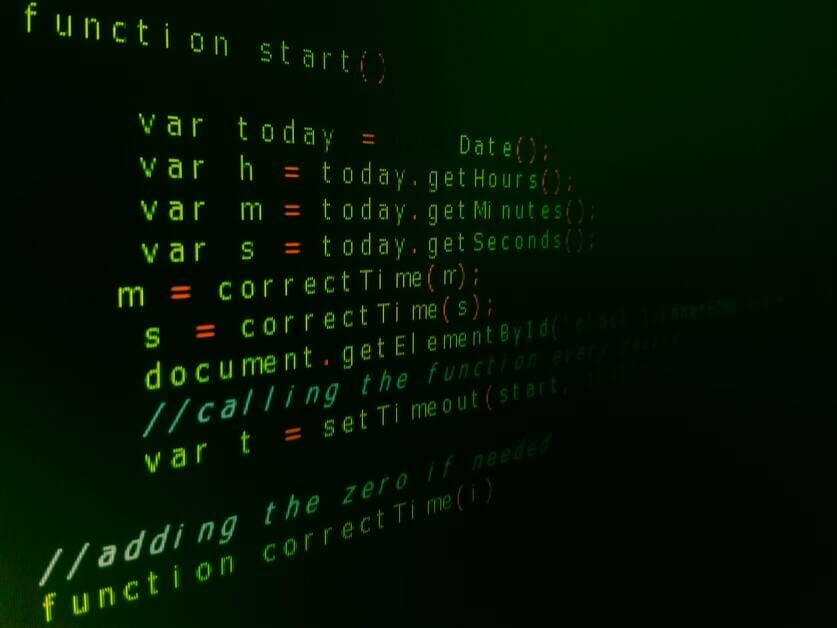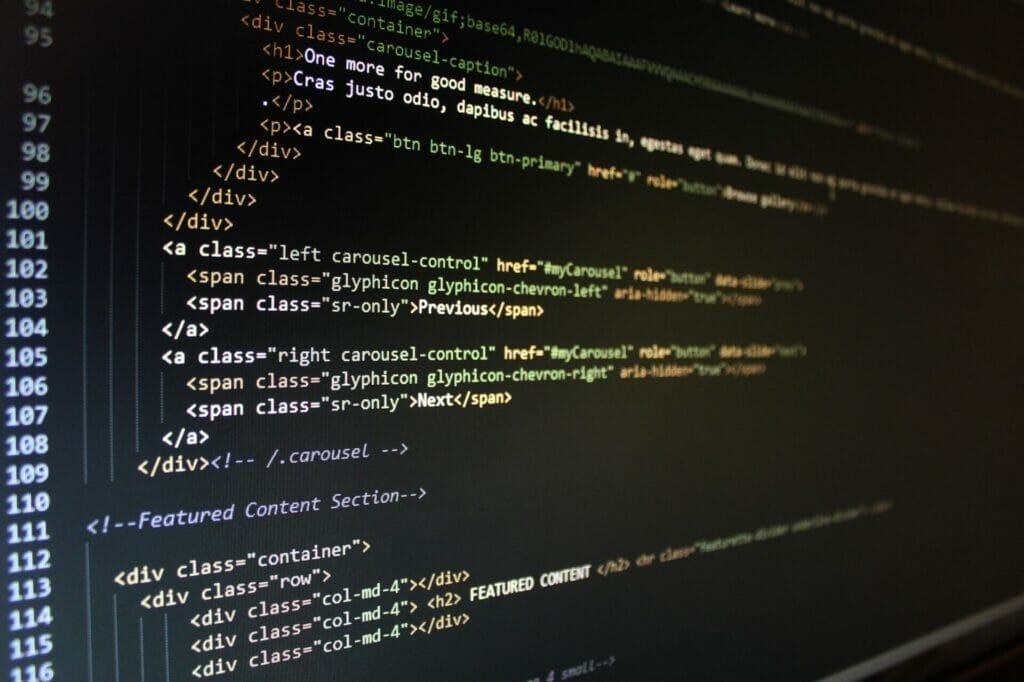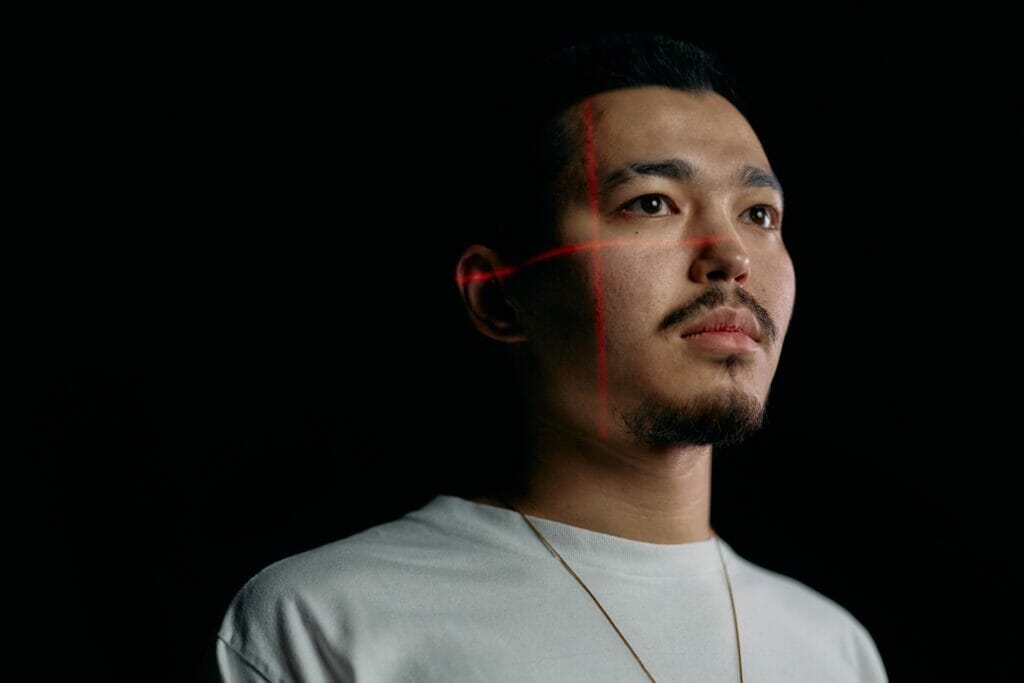Discovering the Superiority of Biometrics in Cybersecurity: The Ultimate Defense!
Cybersecurity threat is a constant concerns for internet users who are looking to safeguard their presence online. With the arising digital breaching happening all around the world, the questions on whether or not biometrics can solve this issue starts to circulate.
1. Biometrics Relevancy in the Industry
Nowadays, data breaching have become alarmingly common. industries of all kinds are seeking solutions to tighten their cybersecurity measure. Biometrics is a renowned approach that is used to tackle this issue, and has remains highly relevant to the industry since its innovation.

One of the key areas where biometrics is making a significant impact is in the financial industry. Financial institutions has long ago adopted the biometric authentication methods such as fingerprint recognition and even a facial recognition to enhance security. In return, the customers can now access their accounts and perform their business with a smoother access while also allowing a secure transaction being made.
Another industry where biometrics plays a crucial role is in the healthcare sector. The overwhelming amount of patient records, and personal information are all main targets for cybersecurity attacks and data breaching. Biometric authentication ensures that only authorized personnel can have an access all these data thus protecting their identity from being possibly stolen.
Most importantly, biometrics is crucial in the world of e-commerce and online retail. Most e-commerce’s application nowadays allows its users to have a secure purchase through a fingerprint scan, and reducing the risk of online fraud. This is important as online fraud is becoming more and more apparent where online users are constantly being targeted on due to their online purchasing activities.

2. How to Implements Biometrics?
- Applying Biometrics through Multifactor Authentication (MFA)
- The concept of applying biometrics is no longer foreign. In fact, it is actually encouraged for everyone to enhance their cybersecurity by setting up the multifactor authentication especially on their devices. The basis of biometrics in MFA is actually easy where users are only required to provide multiple forms of verification before being granted an access to whichever data they wanted to.
- The most common biometrics in MFA includes the fingerprint recognition and facial recognition which are commonly found in smartphone features nowadays. The notion of fingerprint recognition is the most renowned biometrics where it is used by almost everyone and certainly in almost every application as well.
- Similarly, facial recognition is also available in some smartphones where some purchase directly required the use of a facial recognition in order for the purchase to be made.
- For instance, it is compulsory for some iPhone users to use a facial recognition whenever they made a purchase. This action acts like a multifactor authentication especially for the biometrics where it will be hard for their data to be breached and sold to an illegal party.

3. Advantages of Biometrics as a Security System
There has been a few fearmongering when it comes to biometrics, particularly about user’s data being used by people in the authority. The fearmongering includes that facial recognition will be used to impersonate other people, or that their fingerprint will be used to make up an identity of someone else. This has caused some people to avoid using biometrics in their everyday life despite being proven multiple times that their data and privacy will be protected.
Not only that, as biometrics acts a multiple authentication tool, it will be hard for hackers to gain an access on someone who has their biometrics set up. Instead, the risk of having their personal data being leaked due to not having a biometrics is way greater as it will be almost impossible for the crime to be detected.
Below, there are 3 advantages as to why having biometrics is an added advantage for those who values their data and privacy. For examples:
- High Security – Biometrics provide a greater security to its users due to the fact that its data is hard to be forged or duplicated.
- Adaptive Authentication – Some biometrics are user-friendly that allows an adaptive changes to be made by its users. For instance, iPhone’s facial recognition system allows the users to have their face to be detected while wearing a mask.
- Reduce the Possibility of Fraudulent – Due to each person’s unique trait, biometrics reduces the possibility of having its user’s identity to be stolen or involved in fraud cases.

Truly, biometrics authentication has raised the bar for security in cybersecurity. For example, it is challenging for unauthorized individuals to have an access control on private data because it depends on distinctive biological or behavioral attributes of the owners.
It’s also important to understand that no security mechanism is free from data breaching. Biometrics can still be exposed to things like spoofing or identity stealing. Ultimately, the implementation, the particular biometric technique employed, and the environment in which they are used all have an impact on how effective biometrics are for cybersecurity actually is.

Read more on cybersecurity issue in Malaysia
About BigDomain





